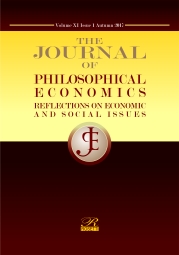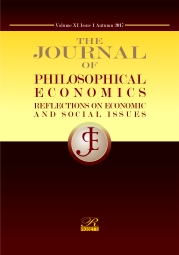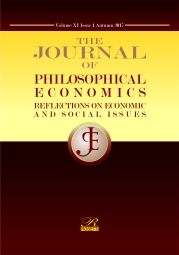
Growth theory after Keynes, part I: the unfortunate suppression of the Harrod-Domar model
After Harrod and Domar independently developed a dynamic Keynesian circular flow model to illustrate the instability of a growing economy, mainstream economists quickly reduced their model to a supply side-only growth model, which they subsequently rejected as too simplistic and replaced with Solow’s neoclassical growth model. The rejection process of first diminishing the model and then replaced it with a neoclassical alternative was similar to how the full Keynesian macroeconomic paradigm was diminished into IS-LM analysis and then replaced by a simplistic neoclassical framework that largely ignored the demand side of the economy. Furthermore, subsequent work by mainstream economists has resulted in a logically inconsistent framework for analyzing economic growth; the popular endogenous growth models, which use Schumpeter’s concept of profit-driven creative destruction to explain the technological change that Solow left as exogenous, are not logically compatible with the Solow model.
More...

